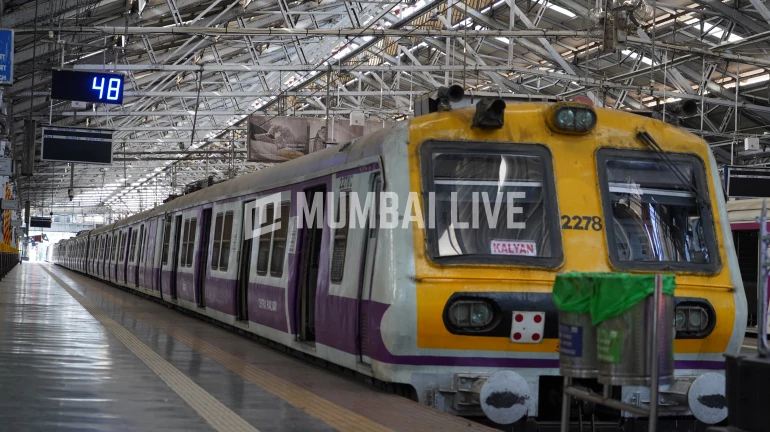
On Monday, June 17, the railway board approved easing signalling restrictions for Chhatrapati Shivaji Maharaj Terminus (CSMT). The goal is to make sure the schedule is followed for trains. This change follows the replacement of the old route relay interlocking (RRI) with a modern electronic interlocking (EI) system for signalling.
The Central Railway (CR), on June 3, had announced that a new signalling system was installed at CSMT, featuring Electronic Interlocking (EI). The system was still stabilising.
"Many problems can only be identified after the actual movement of trains. The technical teams are on the job and addressing these issues." CR said on Twitter.
In response, people raised concerns about the abrupt announcement without testing the system.
Days later, it was reported that two trains were found on a single track without a signal.
The El system is a modern signalling system that has computerised control. The EI system's goal was to make operations safer and efficient. It is believed that software adjustments in the El software will improve punctuality.
But the system has not worked as per its expectance and the delays have continued. Trains run 15 to 25 minutes late, with several cancellations daily. Trains should be able to travel the distance between Byculla and CSMT in 7–10 minutes, but they are taking 20–25 minutes, as per reports.
A railway board circular published in 2021 by the signal and telecom directorate was blamed for the delays. This circular requires trains to move 250 metres before the next train may move forward. Earlier, trains could move as long as the train in front of them was around 70 metres away. This new requirement takes about 90 seconds. Additionally, there is a 15 km/h speed limit at crossovers; this extra safety precaution creates bunching and delays. This causes delay of about 40 local and 50 long-distance trains per day at CSMT.
Hence, the CR authorities asked for an exception for CSMT. They cited the station's low speeds and low accident rate as reasons for the request.
The CR has started modifying the EI system's software, which is housed at CSMT. The central component of the entire system that assists in running the trains is in the control room.





